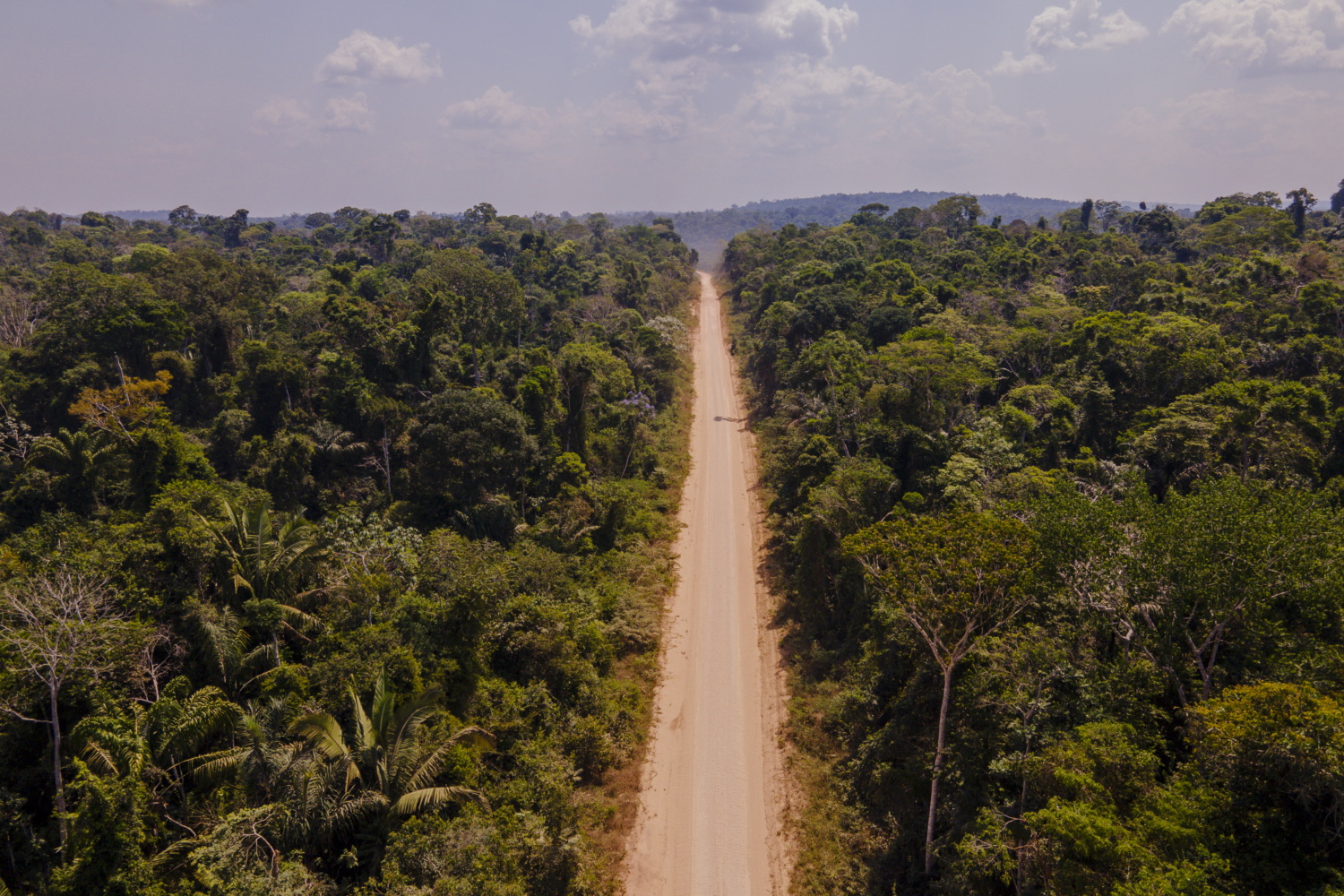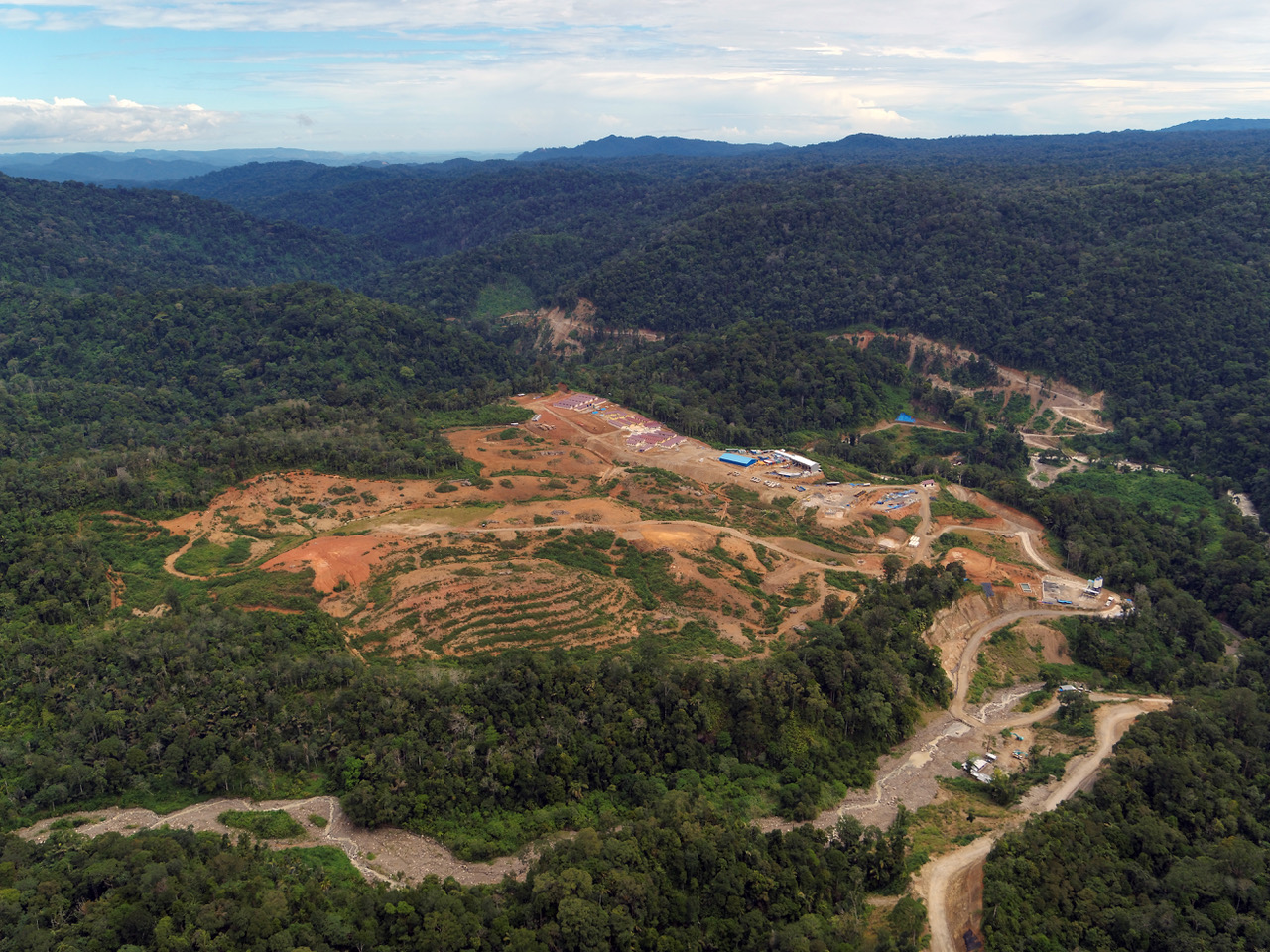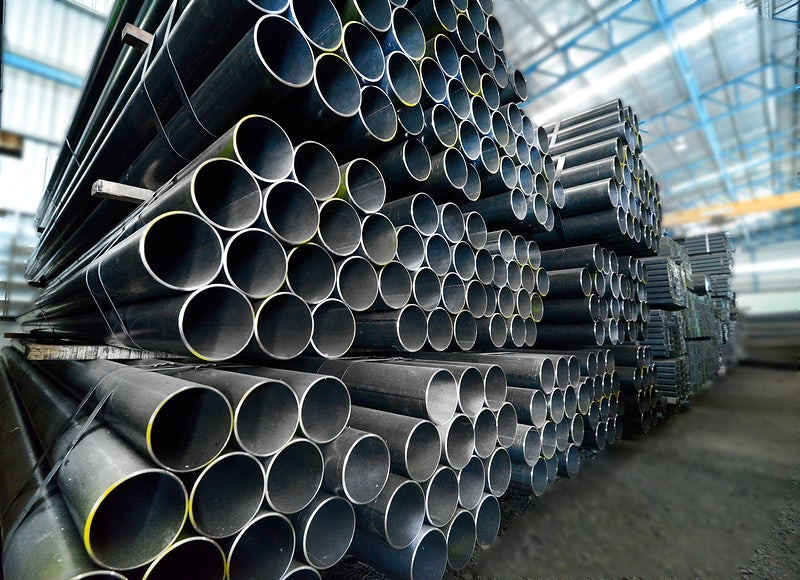
Brazil’s Amazon Soy Moratorium at Risk: The Global Cost of a Step Back
By Brenda Diniz and João Gonçalves, August 19th, 2025
Read Mighty Earth’s full media statement here
Would you entrust your future to the industry most responsible for deforestation? That is precisely what is at stake with the decision by Brazil’s competition authority CADE (Administrative Council for Economic Defense) to suspend the Amazon Soy Moratorium.
CADE has just issued a decisive and highly controversial investigation: the Amazon Soy Moratorium (ASM) — a voluntary multisectoral pact created to protect this critical biome — has been suspended pending a full investigation into its signatories and what the regulator has categorized as the sharing of commercially sensitive information and a cartel.
Now, soy traders and industry associations have 10 days to comply with the ruling or face substantial fines. But the real cost will be paid by the forests, by local communities, and in fact the whole world, which needs the Amazon forest intact to help pull carbon from the atmosphere to mitigate the worst effects of global heating.
Why the ASM matters for the Amazon — and for the World
Launched in 2006, the Amazon Soy Moratorium is a landmark voluntary agreement that prevents soy traders from purchasing soy grown on land in the Amazon cleared after July 2008. Backed by 30 export companies – known as trading companies, including ADM, Amaggi, Bunge, Cargill, Cofco and Louis Dreyfus, major industry groups such as Abiove and Anec, alongside environmental NGOs and government institutions, it was a success and became a global reference for how market forces can drive conservation.
Over nearly two decades, the Moratorium has been credited with helping reduce Amazon deforestation by more than 80%, proving that agricultural expansion and forest protection do not have to be mutually exclusive. Its success also inspired international frameworks for sustainable sourcing, making it not only a safeguard for the Amazon but also a global model of environmental governance.
“The suspension of the Amazon Soy Moratorium paves the way for further deforestation in one of the planet’s most vital ecosystems, pushing it ever closer to an irreversible tipping point, where it becomes a carbon source, rather than a carbon sink. Without this safeguard, soy expansion could drive forest destruction not only in the Amazon, but also in its neighbor Cerrado and in the Pantanal,” warned João Gonçalves, Senior Director for Brazil at Mighty Earth.
Why Did CADE Suspend It?
CADE argues that the pact may function as an anti-competitive agreement. According to the ruling, the Moratorium’s system of monitoring and information-sharing could amount to the exchange of sensitive commercial data, giving participating companies an unfair advantage.
The regulator also questioned whether the agreement excludes certain farmers who are otherwise in compliance with Brazil’s Forest Code—the country’s primary legal framework for land use and conservation.
A Decision Full of Controversy
Critics argue that framing the Amazon Soy Moratorium as “anti-competitive” overlooks its proven role in preventing deforestation and ignores the fact that it was a voluntary, multi-stakeholder agreement supported by government agencies, civil society, and global markets.
Producers have celebrated the ruling. Aprosoja-MT, Brazil’s largest soy farmers’ association, declared: “For years, the Moratorium excluded producers who were already compliant with the Forest Code. This is a victory for fairness and for Brazilian farmers.”
Meanwhile, global traders affected by the suspension have signaled caution. A senior executive at one major soy exporter, speaking to Reuters, warned: “Without the Moratorium, Brazil risks losing access to markets that demand deforestation-free products.”
What’s at stake:
The suspension of the Amazon Soy Moratorium is not just a Brazilian issue—it is a global climate and biodiversity concern. Allowing deforestation-linked soy into international markets could weaken years of progress on climate commitments and erode consumer confidence in sustainable agriculture.
At this critical crossroads months before the climate COP in the Amazon, Brazil must decide whether to align its agribusiness sector with global sustainability standards or risk sacrificing long-term planetary health for short-term economic interests. Now, more than ever, governments and corporations must decide: Will we protect the Amazon—or allow it to be traded away?
===


